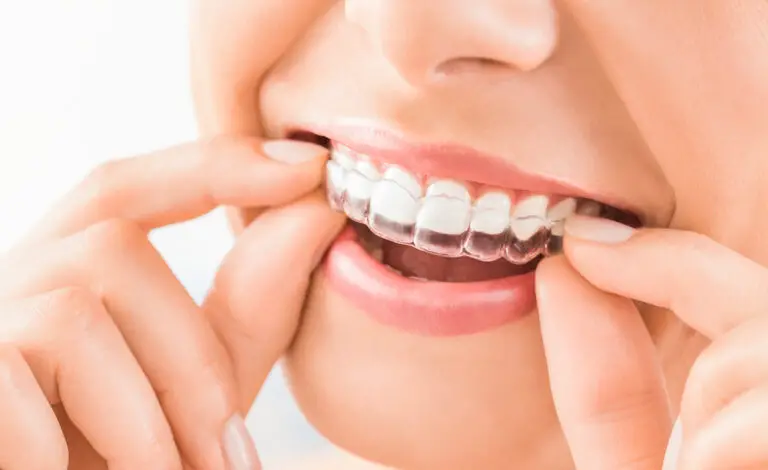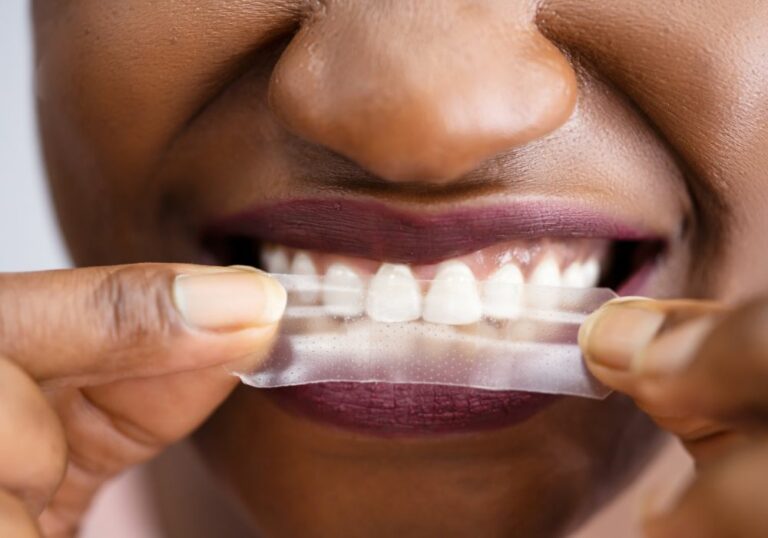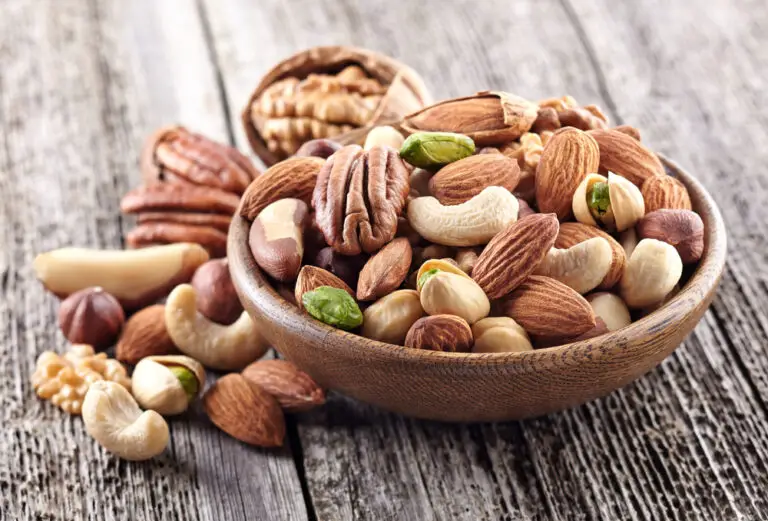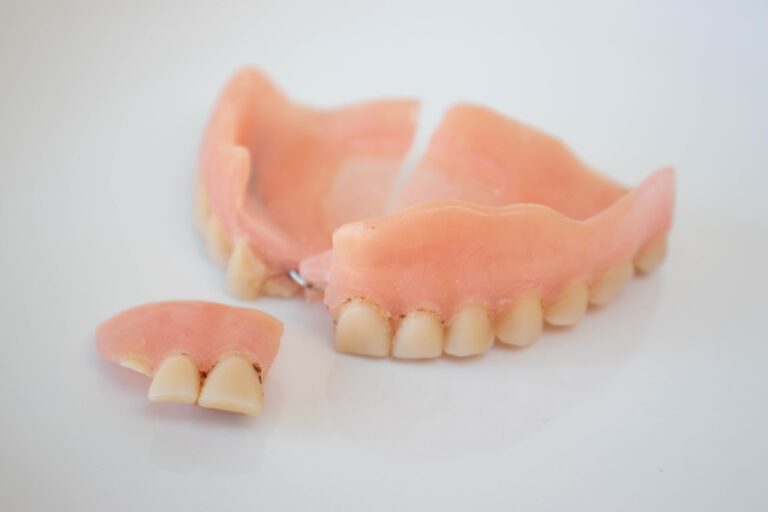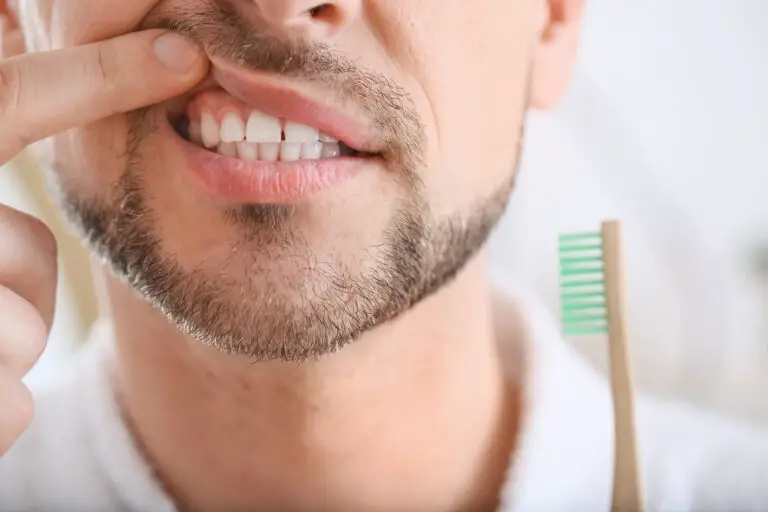Are you a new puppy owner wondering when your furry friend will start cutting their teeth? Or maybe you’re just curious about the process of puppy teething. Whatever your reason, understanding when puppies typically cut their teeth can be helpful for providing appropriate care and training.
According to the American Kennel Club, puppies usually start cutting their first set of teeth, called deciduous or baby teeth, at around two to three weeks old. These teeth are temporary and will eventually fall out to make way for the puppy’s permanent teeth. By the time a puppy is eight weeks old, they should have all 28 of their baby teeth.
As puppies grow, they go through a teething process where their baby teeth are replaced by adult teeth. This typically starts around three to four months of age, but can vary from breed to breed and even from dog to dog. By the time a puppy is six to eight months old, they should have all 42 of their adult teeth. During this time, puppies may experience discomfort and chew on inappropriate items, so it’s important to provide them with appropriate chew toys and supervise their chewing habits.
Understanding Puppy Teeth Development

When it comes to understanding puppy teeth development, there are three main stages to consider: the birth to 3 weeks stage, the 3 to 6 weeks stage, and the 12 to 16 weeks stage. Each stage is important and has its own unique characteristics.
The Birth to 3 Weeks Stage
During the first few weeks of a puppy’s life, they do not have any teeth at all. Instead, they rely on their mother’s milk for all their nutritional needs. At around two weeks of age, puppies will begin to develop their first set of teeth, which are known as deciduous teeth or milk teeth.
Puppies will have a total of 28 deciduous teeth, which will begin to emerge and develop during this stage. These teeth are not very strong and can be easily damaged, which is why it’s important to handle young puppies with care.
The 3 to 6 Weeks Stage
Between three and six weeks of age, puppies will begin to develop their adult teeth. During this stage, the puppy’s deciduous teeth will begin to fall out, and their adult teeth will start to grow in.
The adult teeth will eventually replace the puppy’s deciduous teeth, and the puppy will have a total of 42 adult teeth. The adult teeth are much stronger than the puppy’s deciduous teeth and are designed to last for the dog’s entire life.
The 12 to 16 Weeks Stage
By the time a puppy is 12 to 16 weeks old, all of their adult teeth should have grown in. During this stage, it’s important to monitor the puppy’s teeth and make sure that they are developing properly.
If you notice any issues with your puppy’s teeth during this stage, such as crooked or misaligned teeth, it’s important to speak with your veterinarian. They can provide you with advice on how to correct the issue and ensure that your puppy’s teeth are healthy and strong.
In conclusion, understanding puppy teeth development is important for any new puppy owner. By knowing what to expect during each stage, you can help ensure that your puppy’s teeth are healthy and strong, which will help them lead a happy and healthy life.
Signs of Teething in Puppies
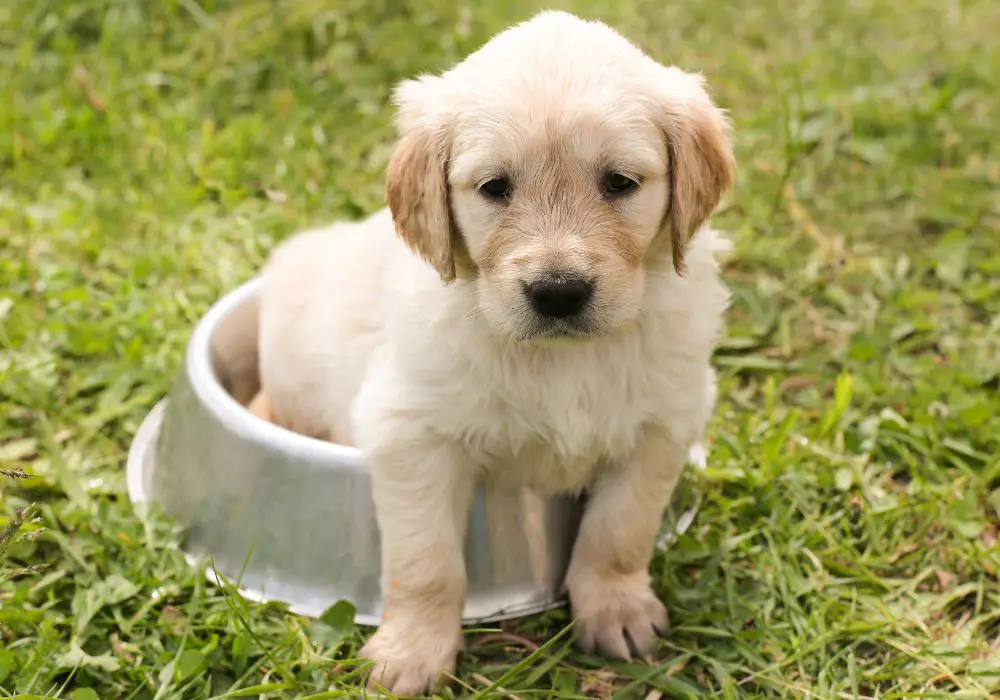
Teething is a normal process that all puppies go through. It can be a challenging time for both the puppy and the owner, but it’s important to understand what to expect during this period. Here are some signs that your puppy may be teething:
- Chewing: Puppies will chew on anything they can get their teeth on during the teething process. They do this to relieve the discomfort of their incoming teeth. You may notice your puppy chewing on furniture, shoes, or other household items.
- Drooling: Teething puppies may drool more than usual. This is because the new teeth are pushing against the gums, causing irritation and excess saliva.
- Loss of appetite: Some puppies may experience a loss of appetite during teething. This is because their gums may be sore and eating may be uncomfortable.
- Bleeding gums: You may notice small amounts of blood on your puppy’s toys or in their mouth. This is normal and is a result of the teeth pushing through the gums.
- Irritability: Teething can be uncomfortable for puppies, and they may become irritable or restless during this time.
It’s important to note that not all puppies will exhibit all of these signs. Some puppies may show no signs of teething at all. If you’re unsure whether your puppy is teething or if you have concerns about their behavior, consult with your veterinarian.
How to Help Your Teething Puppy
Teething can be a painful and uncomfortable experience for your puppy, but there are ways you can help them through it. Here are a few tips to help ease your puppy’s teething pain:
1. Provide Safe Chew Toys
Giving your puppy safe chew toys to gnaw on can help relieve their teething discomfort. Look for toys that are specifically designed for teething puppies and avoid toys that are too hard or small, as they can be a choking hazard. You can also try freezing the toys to provide extra relief for your puppy’s sore gums.
2. Offer Cold Treats
Cold treats can also help soothe your puppy’s teething pain. Try freezing a wet washcloth or some low-sodium chicken broth in an ice cube tray and giving it to your puppy to chew on. Just make sure to supervise them to prevent choking.
3. Massage Their Gums
Gently massaging your puppy’s gums with your finger can also provide some relief. Use a clean finger and apply gentle pressure to their sore gums. This can help reduce inflammation and discomfort.
4. Avoid Certain Foods
Some foods can actually make teething pain worse for your puppy. Avoid giving them hard treats or bones, as these can damage their teeth and gums. Also, avoid giving them any human food that is high in sugar or salt, as this can lead to dental problems and other health issues.
By following these tips, you can help your teething puppy feel more comfortable and ease their pain during this difficult time. Remember to always supervise your puppy during playtime and consult with your veterinarian if you have any concerns about their teething.
When to Consult a Vet

Taking care of a puppy is an exciting and rewarding experience, but it can also be challenging. One of the most important things you need to do is to keep an eye on your puppy’s teeth. If you notice any problems with your puppy’s teeth, it is important to consult a vet. Here are some signs that you should look out for:
Delayed Tooth Eruption
If your puppy is over six months old and has not yet started to cut teeth, it is a sign that something may be wrong. Delayed tooth eruption can be a sign of a nutritional deficiency or an underlying health issue. In such cases, it is important to consult a vet.
Broken Teeth
Puppies are playful and curious, and they love to chew on things. However, this can sometimes lead to broken teeth. If you notice that your puppy has a broken tooth, it is important to consult a vet. Broken teeth can be painful and can lead to infections.
Discolored Teeth
If you notice that your puppy’s teeth are discolored, it could be a sign of dental disease. Dental disease can cause bad breath, pain, and tooth loss. If you notice any signs of dental disease, such as discolored teeth, it is important to consult a vet.
Abnormal Tooth Growth
Sometimes puppies can develop abnormal tooth growth, such as extra teeth or teeth that are not properly aligned. This can cause pain and discomfort and can lead to dental disease. If you notice any abnormal tooth growth, it is important to consult a vet.
In conclusion, it is important to keep an eye on your puppy’s teeth and to consult a vet if you notice any problems. By doing so, you can help ensure that your puppy grows up healthy and happy.
Frequently Asked Questions
When do puppies start teething?
Puppies begin teething when they are around 2 weeks old, and their teeth usually start to emerge from their gums at around 3-4 weeks of age. By the time they are 8-10 weeks old, they should have all of their baby teeth.
What is the puppy teeth chart?
The puppy teeth chart shows the order in which your puppy’s teeth will erupt and fall out. It is important to keep track of your puppy’s teeth so that you can monitor their dental health and ensure that their adult teeth come in properly.
How long does teething last for puppies?
Teething can last for several months, usually from around 3-8 months of age. During this time, your puppy may experience discomfort and pain as their teeth come in and their baby teeth fall out.
What are the signs of teething in puppies?
Signs of teething in puppies may include drooling, chewing on objects, irritability, and loss of appetite. You may also notice that your puppy’s gums are swollen and red, and they may be more prone to biting and nipping.
How can I help my teething puppy?
There are several things you can do to help your teething puppy, including providing them with chew toys, frozen treats, and soft foods. You can also gently massage their gums with a clean, damp cloth to help soothe any discomfort.
Do puppy teeth fall out on their own?
Yes, puppy teeth will fall out on their own as your puppy’s adult teeth come in. It is important to monitor your puppy’s teeth and ensure that their adult teeth come in properly. If you notice any issues with your puppy’s teeth, such as crowding or misalignment, you should consult with your veterinarian.

